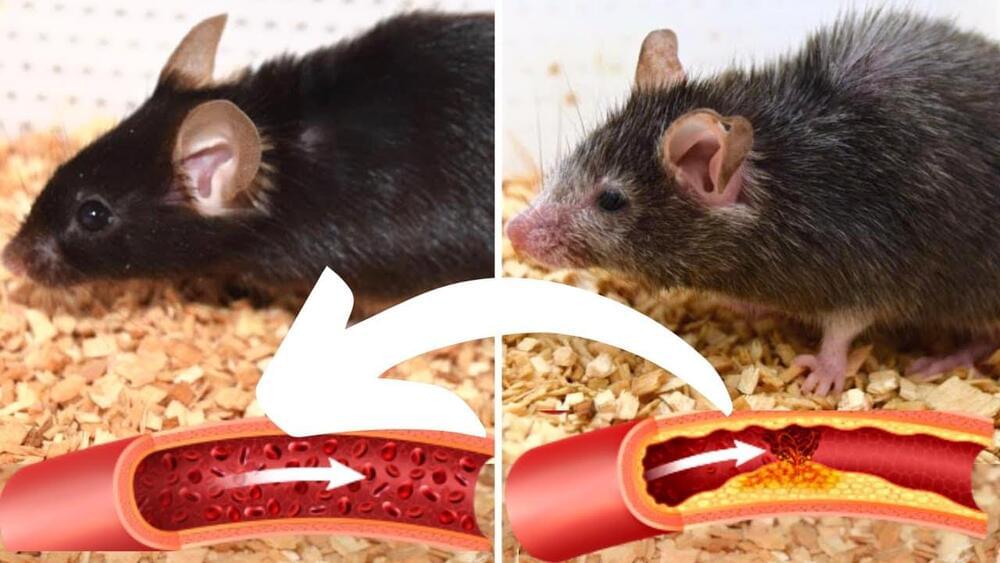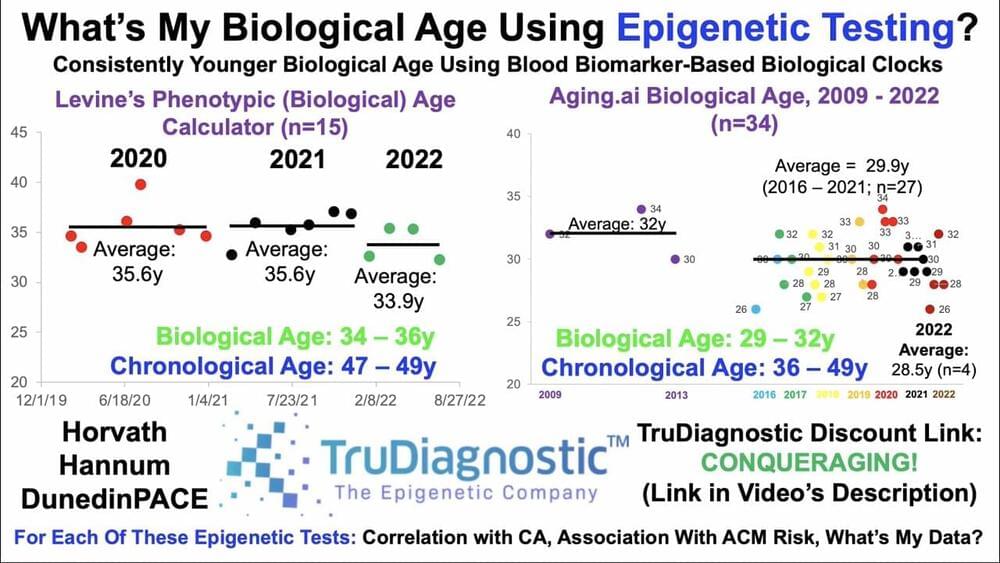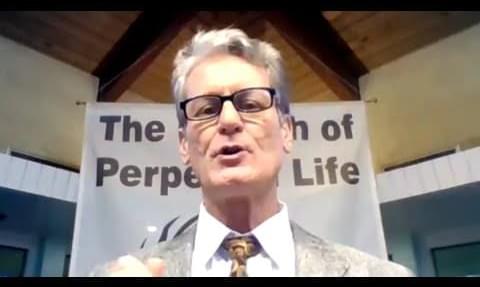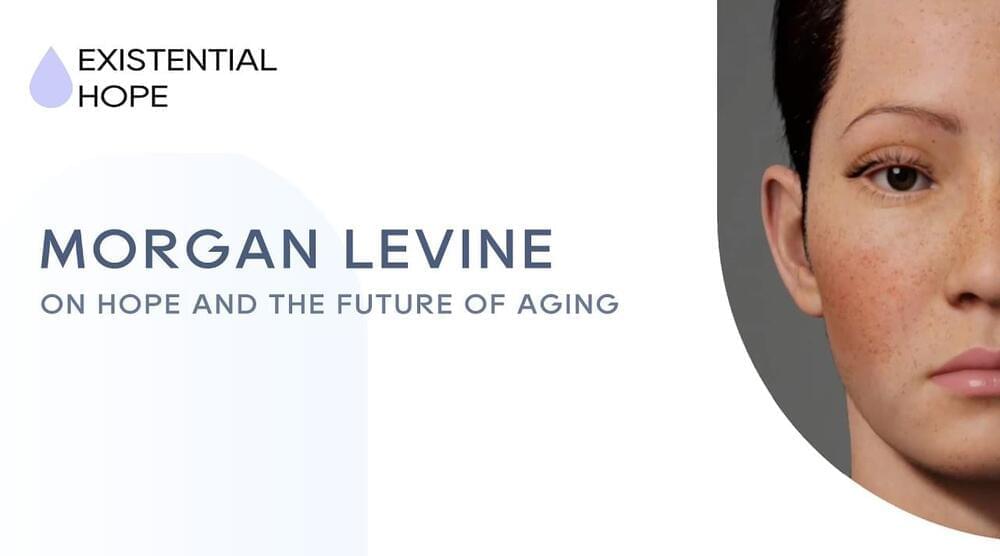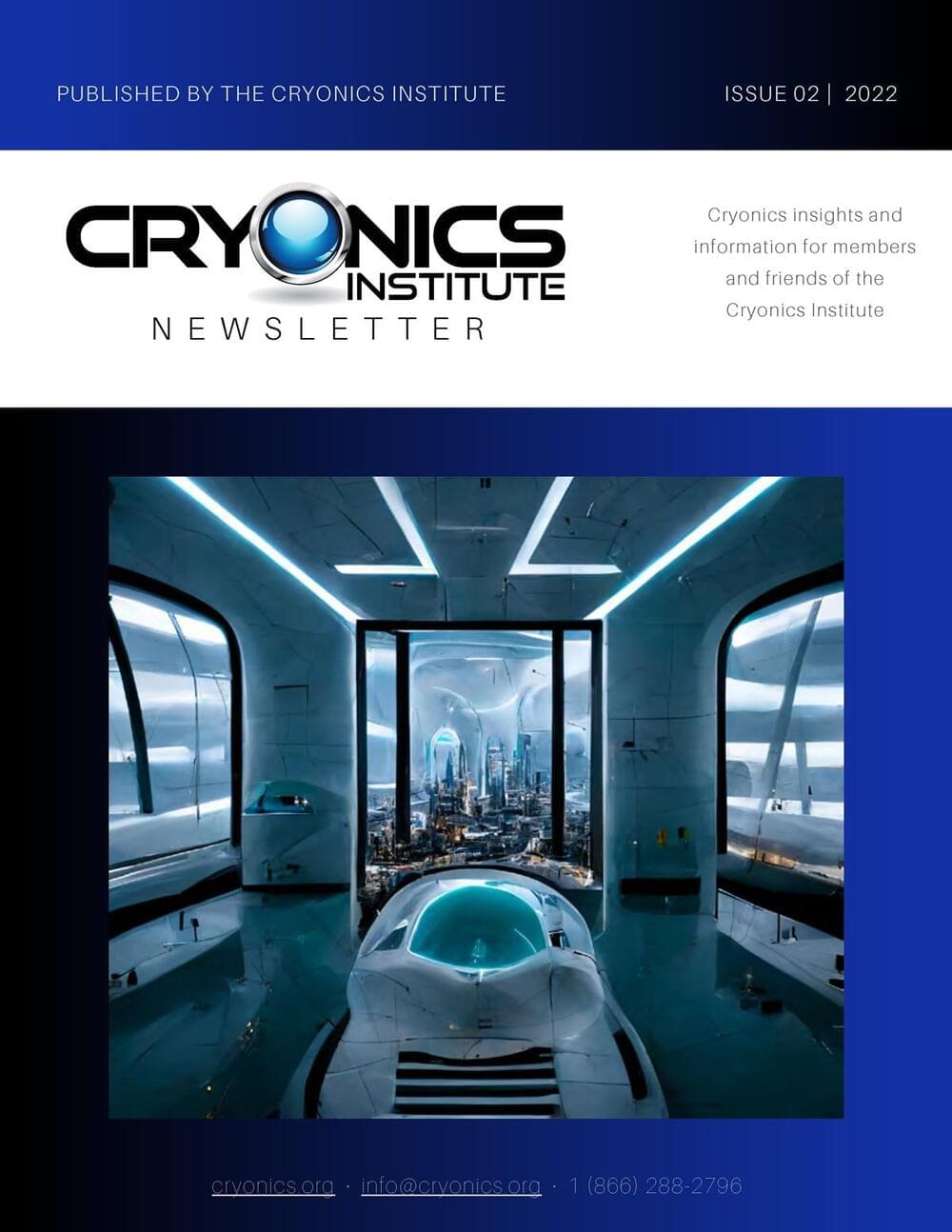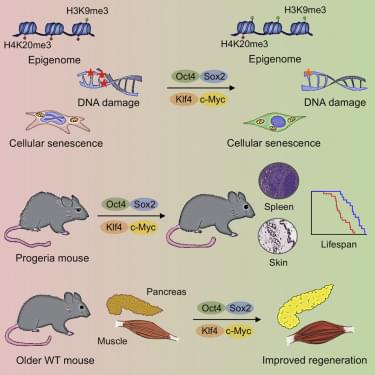Aug 29, 2022
Dr. Max More | This Past Weekend w/ Theo Von #404
Posted by Paul Battista in categories: cryonics, law, life extension, neuroscience
Dr. Max More is a philosopher, writer, speaker and expert in Cryonics — the process of cryopreserving a body at the time of legal death in the hopes of reviving them in the future.
Theo talks with Dr. More about what actually happens when we die, the future of mankind, and if Theo would preserve his brain for science.
Continue reading “Dr. Max More | This Past Weekend w/ Theo Von #404” »

